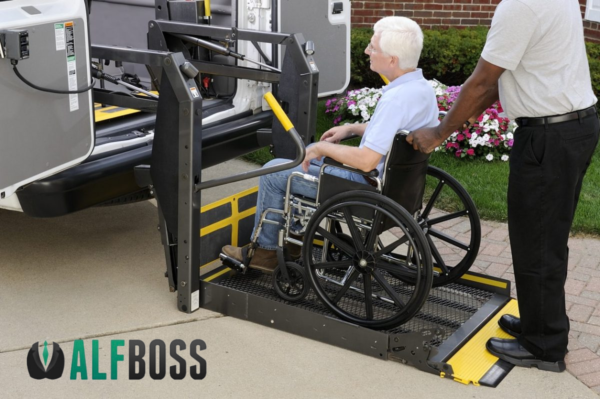
Written By: Pascal Bergeron
Providing adequate and timely healthcare to residents is a crucial aspect of maintaining their overall well-being in Assisted Living Facilities. The Florida Administrative Code, specifically 59A-36.007 Resident Care Standards, outlines the requirements for ensuring resident access to necessary healthcare services. This blog post will delve into the provisions mentioned in subsection (3) of this regulation, which focus on arranging and facilitating healthcare for residents.
Facilitating Healthcare Access
To ensure that residents receive the necessary medical, dental, nursing, or mental health services, the regulation specifies two key requirements for Assisted Living Facilities:
- Assisting residents in making appointments and sending reminders: Assisted Living Facilities are responsible for assisting residents in scheduling appointments with healthcare providers. This includes coordinating with medical, dental, nursing, or mental health services to ensure residents have access to timely care. Additionally, the facility should remind residents about their scheduled appointments to minimize the risk of missed appointments.
- Providing or arranging transportation: The regulation emphasizes the importance of ensuring that residents have access to transportation for healthcare-related appointments. Assisted Living Facilities must provide transportation services directly or coordinate with various resources to arrange transportation for residents. These resources can include family and friends, volunteers, taxi cabs, public buses, or agencies specializing in transportation services.
Importance of Arranging Healthcare
The provision of assistance in making appointments and arranging transportation addresses some common barriers that residents may face in accessing healthcare services. Many residents in Assisted Living Facilities may have physical limitations, lack personal transportation, or face difficulties navigating healthcare systems independently. By taking responsibility for these aspects, long-term care facilities can ensure that residents receive the care they need in a timely manner.
Benefits of the Standards
Compliance with the provisions of 59A-36.007 Resident Care Standards offers several benefits to both residents and long-term care facilities:
- Enhanced resident well-being: By assisting residents in making healthcare appointments and ensuring reliable transportation, facilities contribute to the overall well-being of residents. Timely access to medical, dental, nursing, and mental health services allows for early intervention and prompt treatment, leading to improved health outcomes.
- Improved resident satisfaction: When residents experience seamless healthcare coordination, they are more likely to feel supported and satisfied with their living arrangements. The provision of transportation services demonstrates a commitment to meeting their needs and helps foster a sense of belonging and care within the facility.
- Compliance with regulatory requirements: Adhering to the resident care standards laid out in 59A-36.007 ensures that Assisted Living Facilitiescomply with regulatory obligations. This not only helps maintain the facility’s accreditation and reputation but also protects the rights and well-being of residents.
Conclusion
Ensuring access to healthcare services is an essential responsibility for Assisted Living Facilities. The provisions outlined in 59A-36.007 Resident Care Standards underscore the importance of assisting residents in making appointments and arranging transportation for medical, dental, nursing, or mental health services. By meeting these requirements, long-term care facilities can promote resident well-being, satisfaction, and compliance with regulatory standards. Ultimately, these efforts contribute to a higher quality of care and a better quality of life for residents.